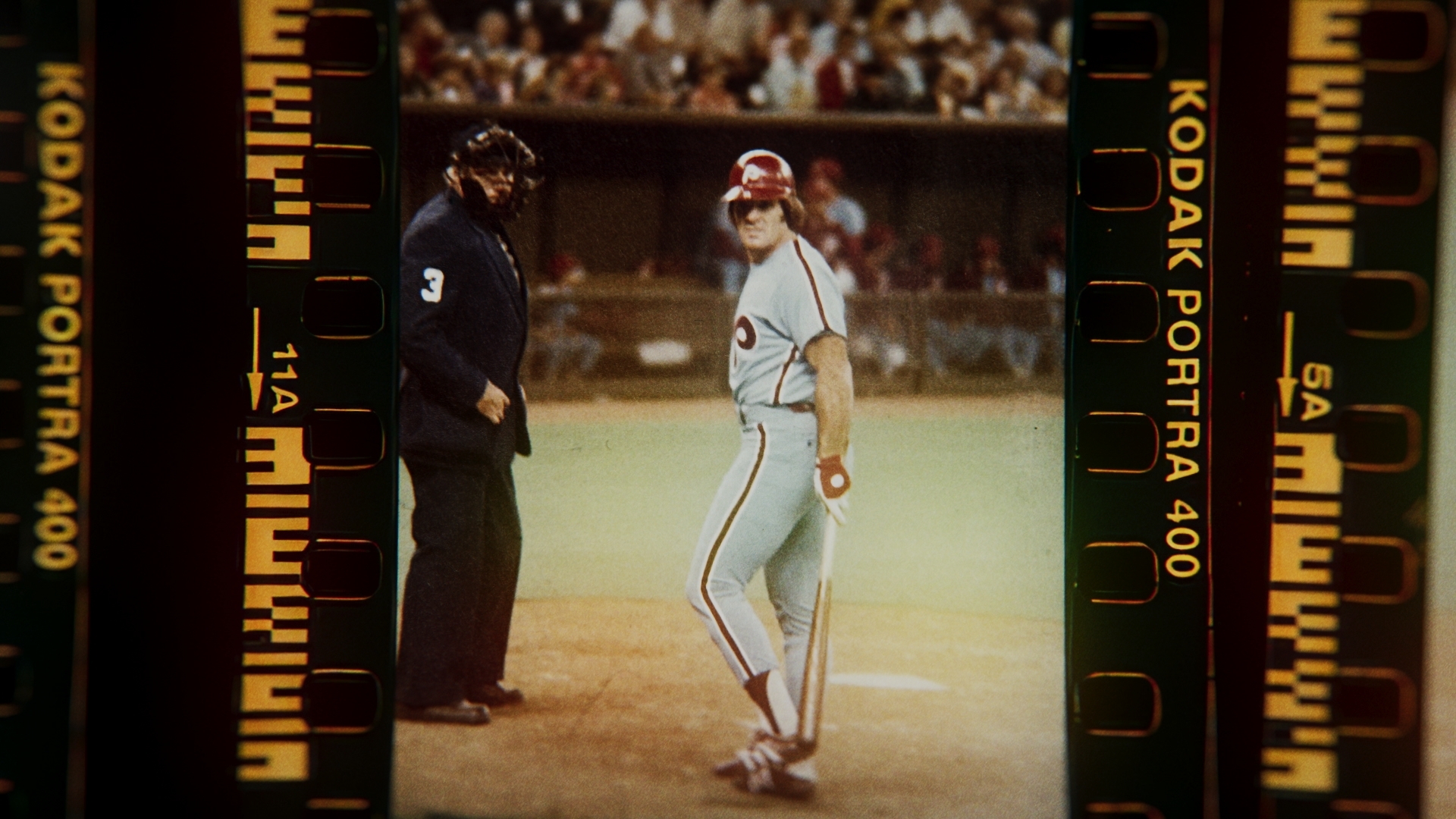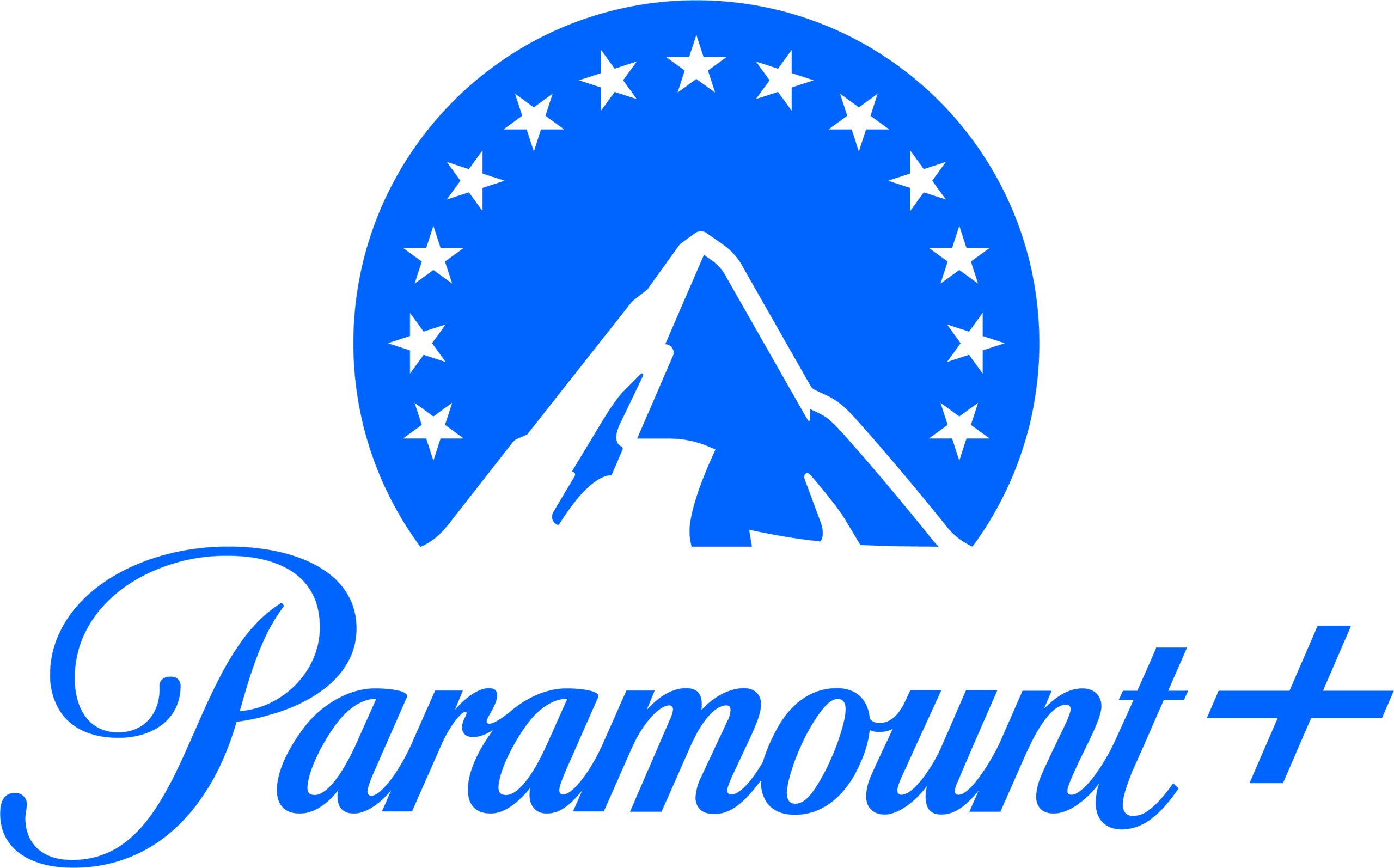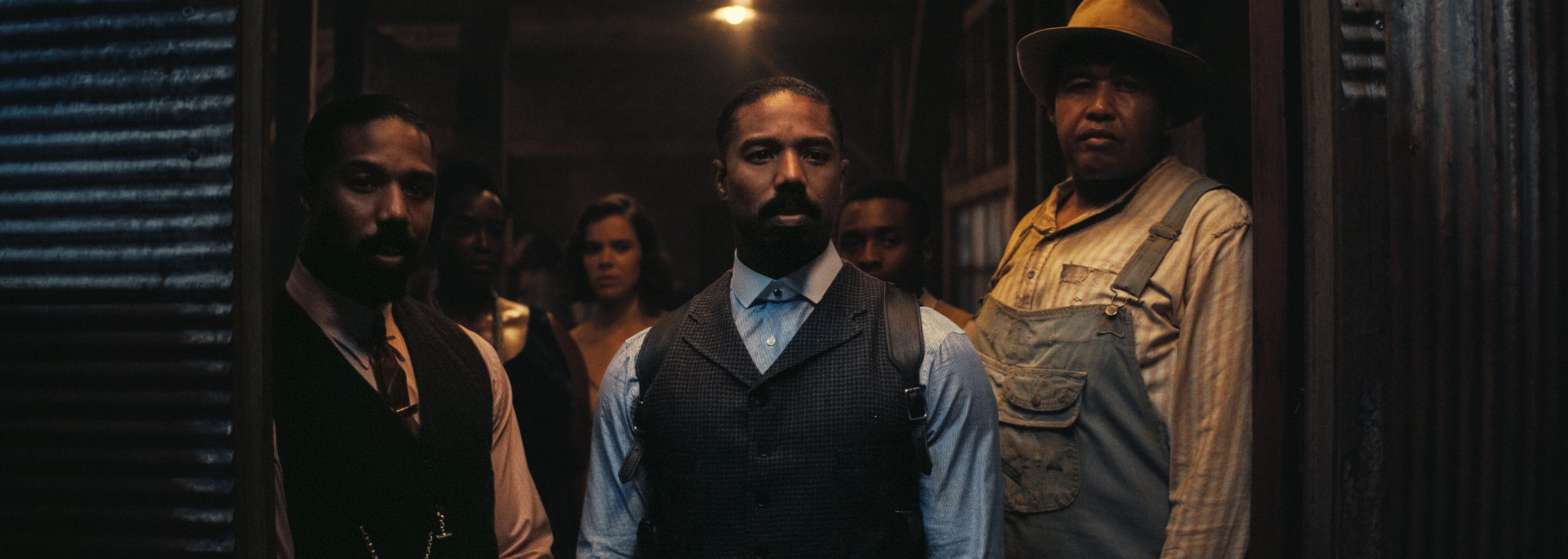
Documentary filmmaker Mark Monroe spoke over Zoom about the new HBO/Max documentary, Charlie Hustle & The Matter of Pete Rose.
Monroe especially opens up about the impact of Rose’s comments to a reporter when the 1980s Philadelphia Phillies reunited at Citizens Bank Park to celebrate their World Series championship. Rose had managed to dig himself into deeper hole, leading to interviewees pulling out altogether. Monroe didn’t mention their names but the film makes it a point to say that Rose’s Big Red Machine teammate Johnny Bench did not appear in the film.
In addition to Rose, those appearing on camera include Pete Rose Jr.; former teammates Mike Schmidt, Ken Griffey Sr., and Tommy Helms; former MLB players Eduardo Perez and Ron Cey; broadcasters Al Michaels, Lesley Visser, Marty Brennaman, and Jon Miller; actor, Chad Lowe; and journalists Larry Keith, Ted Keith, C. Trent Rosecrans, and Jay Jaffe.
Charlie Hustle & The Matter Of Pete Rose will premiere its first two episodes July 24 (9-11 PM ET/PT) on HBO. Episodes 3-4 will debut Thursday, July 25 at the same time. All four episodes will be available to stream July 24 on Max.

It’s so nice to meet you today. How are you doing?
Mark Monroe: Pretty good. Pretty good. I’m not usually answering the questions so it’s not my most comfortable day, but I’m all good.
(Laughs) What was it about Pete Rose’s story that you led you to direct the documentary series?
Mark Monroe: Well, I think it’s one of the most fascinating stories in the sports landscape. Here’s a guy who was not just a famous baseball player, but he was probably the face of baseball, if not the face of sports. He’s the guy that first went on the Wheaties box and you’re talking about a time before social media, before you had more than three channels. He was one of the most recognized sports figures in the world. And then he fell. He fell hard and he was thrown out of the game that he set all the records for. As one of the characters, Marty Brennaman, says, Shakespeare would have had a field day with this. I tried to have a field day with it, too.
It was, in terms of human drama, you can’t get much better than this. I felt, really, that the drama is about Pete and his life today more than what happened so many years ago. It’s drama watching Pete, but also in what we feel about Pete. I think for me, that’s what I was attracted to.
I grew up down the river from Cincinnati and went to college in Reds Country. But being a baseball fan, I am very familiar with Pete Rose and his story. With the amount of material that’s already out there, how did you approach this documentary and not just rehash everything we already know?
Mark Monroe: Well, certainly there’s going to be overlap, but I felt there’s one way—you just tell what he did on the field, what he did off the field. I felt it was more entertaining to have him tell his story and to make sure that the audience knows from the get go the second most famous thing he’s known for, which is lying. Pete himself is not—as I say in the film, I don’t think he’s a reliable narrator of his story. When you know that from the get-go, then you begin to watch it through different lens. I felt like that is fun—even though some of the allegations are serious, obviously, it’s entertaining to watch.
If you look at the landscape of television today or the last 20 years, the antihero is pretty big. I’m not conflating what Pete did necessarily with the narrative characters, fictional characters but Tony Soprano, Walter White, we’re watching them for a reason. We’re watching them because there’s a part of us that’s rooting for them. There’s something about them that we want to be better or succeed but then the creators keep confronting us with some awful deeds.
It creates this action in our own emotions, in our own mind as an audience of how we feel about these individuals. I felt like the same could be said for Pete. You’re watching it and you’re wondering, what do I really feel? And as you learn more, it may sway back and forth. I felt like that’s entertaining.
At what point while working on the documentary series did you learn that Keith O’Brien was working on a book about Pete Rose and that it would come out just a few months before the HBO and Max release?
Mark Monroe: I learned there was an announcement on whatever newsfeed I was on at the time that a book had just been released. I had no idea. There have been a lot of books on Pete, even in recent years. Only a couple years ago, there was another great book. I think probably Keith O’Brien was attracted to the same thing I was. It’s endlessly fascinating when you have someone who spends a giant part of their life in a double life, living with a lie—promoting one aspect of their life when actually maybe their actions are doing another. I think that’s very attractive for storytellers.
Were you surprised at all by Johnny Bench declining to appear in the series?
Mark Monroe: No. He’s only one we made of point of. Everyone’s a Pete Rose fan to a certain degree when you’re just talking but when it’s time to sign up and sit in front of a camera, not everyone wants to do that. Johnny Bench was not the only one who did not want to be interviewed.
If Joe Morgan didn’t die a few years ago, would it have been a no-brainer that he would have been on camera for an interview?
Mark Monroe: It’s speculation. I would think so, based on what I’ve seen and their interactions through the years in the past. I would think so, but I can’t tell you for certain.
Well, I did think that covering his whole relationship with Pete and lobbying him for the Hall of Fame, among other Hall of Famers, added that extra dynamic to the narrative.
Mark Monroe: Yeah. He’s been out of baseball for decades now and over those decades there have been various big stars who have lobbied behind the scenes. Some of them are vocal, more out in front than others. Mike Schmidt for a while did it. I don’t know if he would do it now, to be honest but he did put in some good work there for many years trying to change the system to allow Pete back into the game and back and to be welcome with open arms into the Hall of Fame. Joe Morgan, obviously, way out front. I think there have been many others, but maybe we don’t hear about them.
What went through your mind a both a person and a filmmaker when Pete Rose made the comments that he did to Phillies beat writer Alex Coffey upon his return to Philadelphia for the reunion and celebration of the1980 World Series champions?
Mark Monroe: Yeah, that was a surreal, strange weekend. I didn’t really understand everything that was happening at the time, to be honest with you. I think the documentary kind of makes that clear. We went into that weekend—I went into that weekend looking at Pete and looking at his friend Jeffrey Lenkov, who was a lawyer who was working on his behalf. They had great optimism. Here is this reunion weekend. He got an invitation to appear. He had to get permission from Major League Baseball to even appear. They granted it. It looked like the winds were blowing in his direction, as you would say.
The interaction with Alex Coffey happened before I got to the stadium. It happened out of the sight of my camera. I did not know that it had happened. I’m not on social media. I’m not a social media person so I’m sitting there, taking in the weekend, watching all these amazing Hall of Famers interact with Pete, and then you can just feel that something is wrong. I didn’t know that Lenkov says, “Don’t talk to any reporters.” I couldn’t hear that. He had a microphone on so I didn’t hear that. I mean, the cameraman got it, but I didn’t know that until later. And then, obviously, when Pete is surrounded in the media room, people are talking and I’m understanding now what has happened.
I still didn’t know the shot in the foot feeling that had occurred. I just thought, oh, this is bizarre. As a storyteller, I thought, wow, this is going to be great. I did think that the other thing I couldn’t capture, because we can only film in certain areas, is that the moment he leaves that media room. He’s just had this kind of angry confrontation. They’ve shut down the questions. Five minutes later, he’s walking through the stadium to go to his box. Thousands of people are chanting, Pete, Pete, Pete. I mean, it was surreal. It was weird. I didn’t really understand it. Even that night, I had dinner with the crew. We thought, wow, that’s going to be amazing. It wasn’t until, the next day and two days later, I started to go, oh, man, that was unbelievable. The head-spinning dive, the self-immolation way that Pete can go up in flames is quick, it happens fast, and you don’t necessarily know that it’s happening. Maybe smarter people than me would have realized, or younger people, certainly, but it took me a few days.
How long was the initial cut?
Mark Monroe: I don’t work like that. So from the get go, there was talk of it being two 90-minute movies. I felt like because of his age, I wanted the ability to stop and start better with more energy. He’s 80 years old. I felt I could have more energy telling the story if I did it in four parts so I could stop and start and stop and start. One of the four episodes was maybe ten minutes too long. But other than that, I’m not a filmmaker who makes seven-hour cuts and then whittles them down. I don’t do that.
What was the most challenging aspect of making the documentary series?
Mark Monroe: The most challenging aspect was having the patience to make it a little bit. After Philadelphia, we had to put everything on hold. We had interviews lined up with various people for the weeks after Philadelphia. All of them went away. I never wanted to defend Pete or create a piece of propaganda that led to reinstatement. But at the outset of this, because of what Lenkov was already doing outside of me, there was this thought that, oh, maybe this is where this is leading, right? I think after Philadelphia, I did have to kind of go, hmm, this is probably not where it’s leading. I can’t count on any kind of happy ending and I think deep down, I knew that. But certainly, there was a different feeling about the doc before Philadelphia.
Do you think Pete will ever be inducted into the Hall of Fame?
Mark Monroe: Personally, I have my own thoughts on it, but I think that’s what the film is for—to put the case out for people who are already fans or who already feel like we should just forget about this guy and let them take a look at it and decide for themselves what they think should happen to Pete Rose. I got into this because I do think there’s a question we have so much as sports fans—we invest a lot of emotion in these athletes and these teams, and that includes heartbreak. It’s no fun to see your team losing the World Series, but it stays with you. I think we’re going to be confronted with this feeling beyond Pete. We have a lot of other players who have done questionable things, who are maybe not in the museums they should be in, and we’re getting older. What are we supposed to do with them? What are we supposed to feel about Pete now?
Yeah. I’m a big St. Louis Cardinals fan and that 1998 season really brought fans back into baseball. But same time, if I had a vote and knowing what Mark McGwire did, I just cannot imagine myself voting for him for the Hall of Fame, just knowing that integrity is listed among the criteria.
Mark Monroe: Absolutely. I think that’s perfectly, a great, justified reaction. That’s what makes these kinds of stories so interesting to me.
Thank you so much. It was so nice to meet you.
Mark Monroe: Thank you. Appreciate it.
Charlie Hustle & The Matter Of Pete Rose will premiere its first two episodes July 24 (9-11 PM ET/PT) on HBO. Episodes 3-4 will debut Thursday, July 25 at the same time. All four episodes will be available to stream July 24 on Max.
Please subscribe to Solzy on Buttondown and visit Dugout Dirt.





